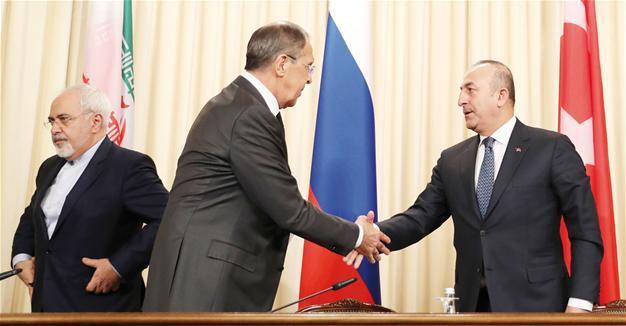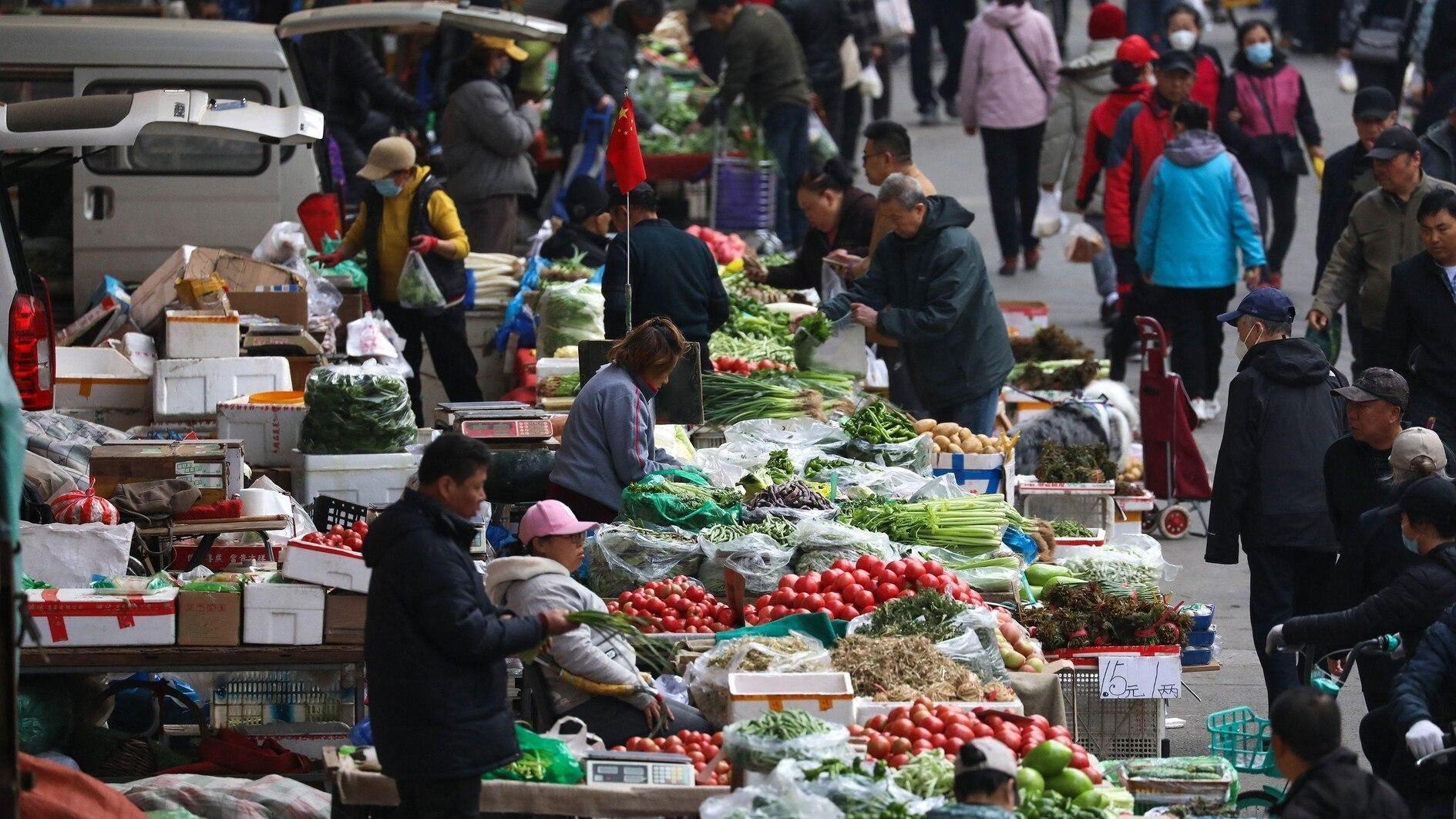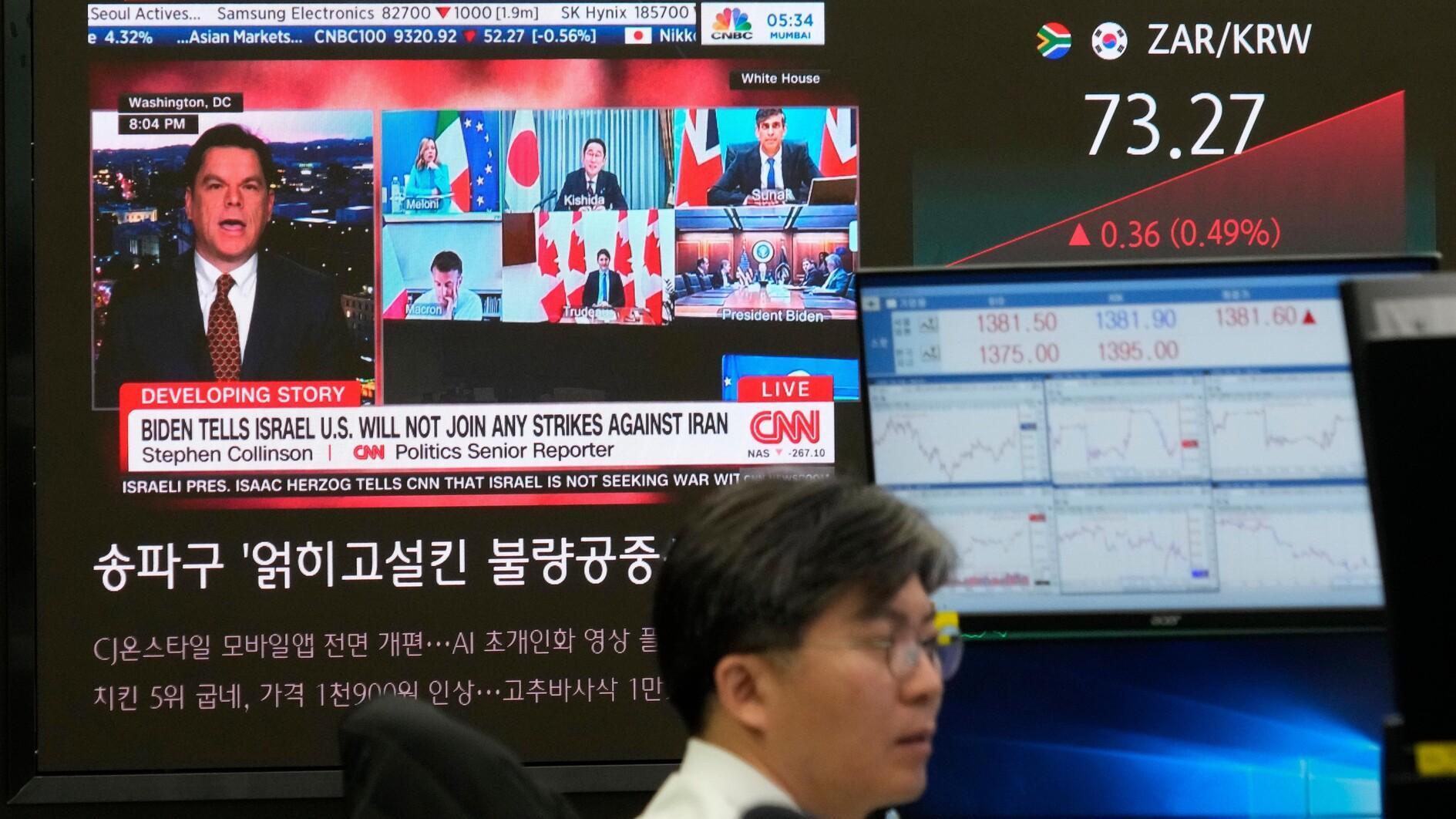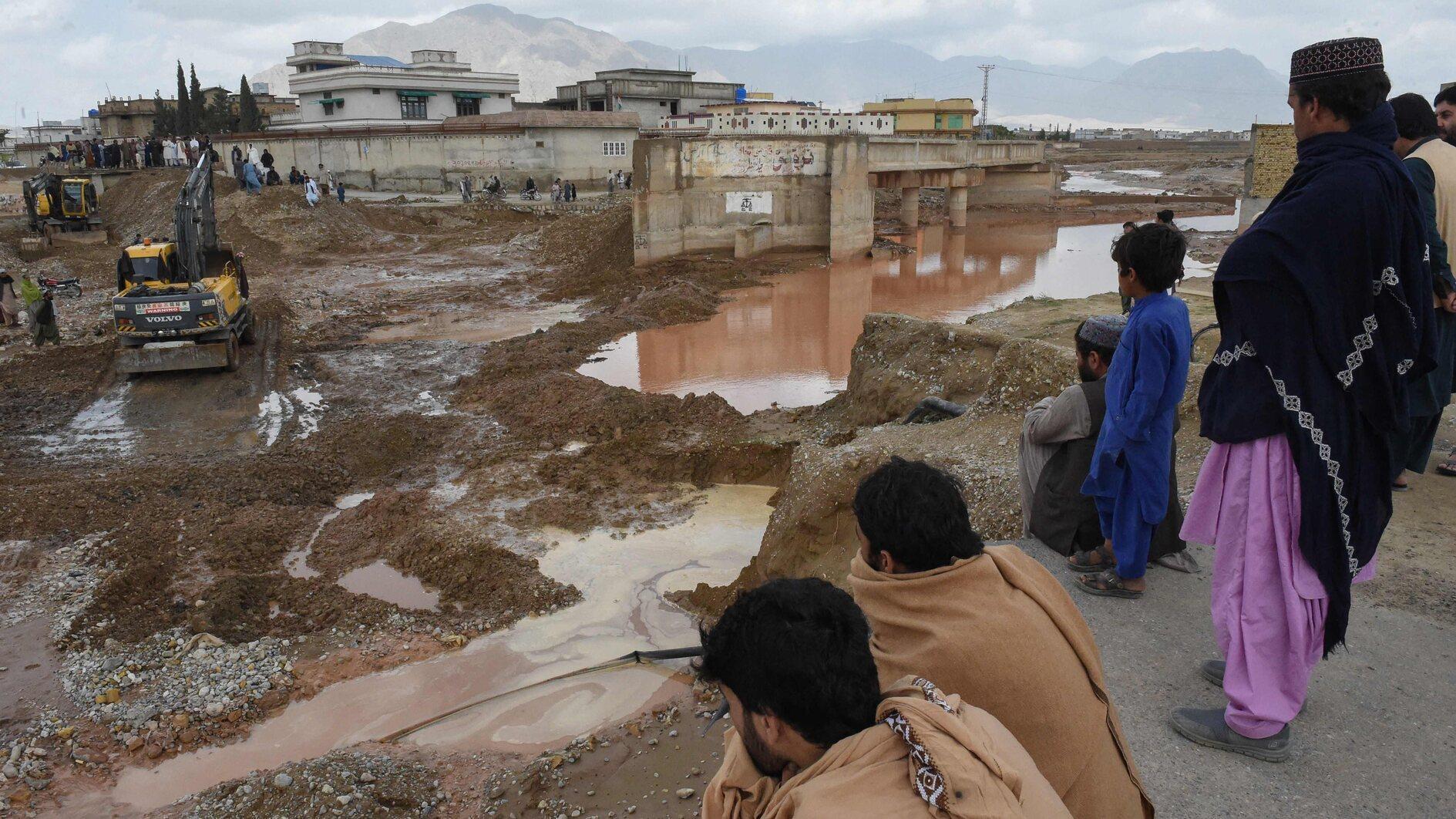Turkey, Russia ‘to push for’ Syria truce
MOSCOW / ANKARA
 Russia and Turkey agreed in a telephone call on Dec. 27 to push for a cease-fire in Syria and to prepare for possible peace talks planned in Astana set for next month, the Russian Foreign Ministry has said.
Russia and Turkey agreed in a telephone call on Dec. 27 to push for a cease-fire in Syria and to prepare for possible peace talks planned in Astana set for next month, the Russian Foreign Ministry has said. During the conversation, “the importance was stressed of a rapid completion of agreements on practical parameters to end military actions [in Syria], the separation of the moderate opposition from terrorist groups, and preparations for the meeting in Astana,” it said.
The Dec. 27 between Russian Foreign Minister Sergei Lavrov and his Turkish counterpart, Mevlüt Çavuşoğlu, was initiated by Russia, state-run Anadolu Agency reported.
This call was the second one in two days, after the two foreign ministers talked over the phone on Dec. 26.
Çavuşoğlu informed Lavrov about his meetings with Qatari officials in Doha over the Syria issue, Doğan News Agency reported on Dec. 26.
These telephone calls between Lavrov and Çavuşoğlu came two days after Turkish President Recep Tayyip Erdoğan called his Russian counterpart, Vladimir Putin, to discuss Syria on Dec. 25.
Kazakh President Nursultan Nazarbayev, who was in Moscow to hold talks with Putin and attend a regional meeting, was also present during the Dec. 25 phone conversation.
The three leaders discussed recent developments in Syria as well as a widening cease-fire across the country, Turkish sources said.
Putin said on Dec. 23 that Russia, Iran, Turkey and Syrian President Bashar al-Assad had all agreed that Astana should be the venue for new peace negotiations in Syria.
On Dec. 26, Nazarbayev said he was ready to host multilateral talks on Syria in Astana.
“Kazakhstan is ready to host all sides for talks in Astana,” Nazarbayev was quoted as saying by Reuters.
Çavuşoğlu also talked to his Iranian counterpart, Javad Zarif, on Dec. 27, Anadolu Agency reported.
Çavuşoğlu and Zarif discussed the latest developments in Syria and Iraq, the agency cited Turkish diplomatic sources as saying.
On Dec. 20, one day after the Russian ambassador to Turkey, Andrey Karlov, was assassinated in the Turkish capital, Russia, Turkey and Iran agreed to jointly act on Syria.
Lavrov told reporters in Moscow after a tripartite meeting that the three ministers had signed a joint statement which states that Russia, Iran and Turkey “express their willingness to help the Syrian government and the opposition draft an agreement and act as its guarantors.”
Speaking after a cabinet meeting on Dec. 27, Turkish Deputy Prime Minister Numan Kurtulmuş said Turkey would continue with an offensive on Syria’s al-Bab even if it is abandoned.
“Even if no one helps Turkey, Turkey is in a position to solve the al-Bab operation with its national [abilities], as it sees these areas as its own national security issue,” said Kurtulmuş, referring to Turkey’s Euphrates Shield operation launched in August to clear its border of terrorists.
This statement came one day after Turkish presidential spokesperson İbrahim Kalın criticized international coalition forces for not doing enough to support Turkey in its offensive on al-Bab against the Islamic State of Iraq and the Levant (ISIL), calling especially for U.S. backing for the operation.
















